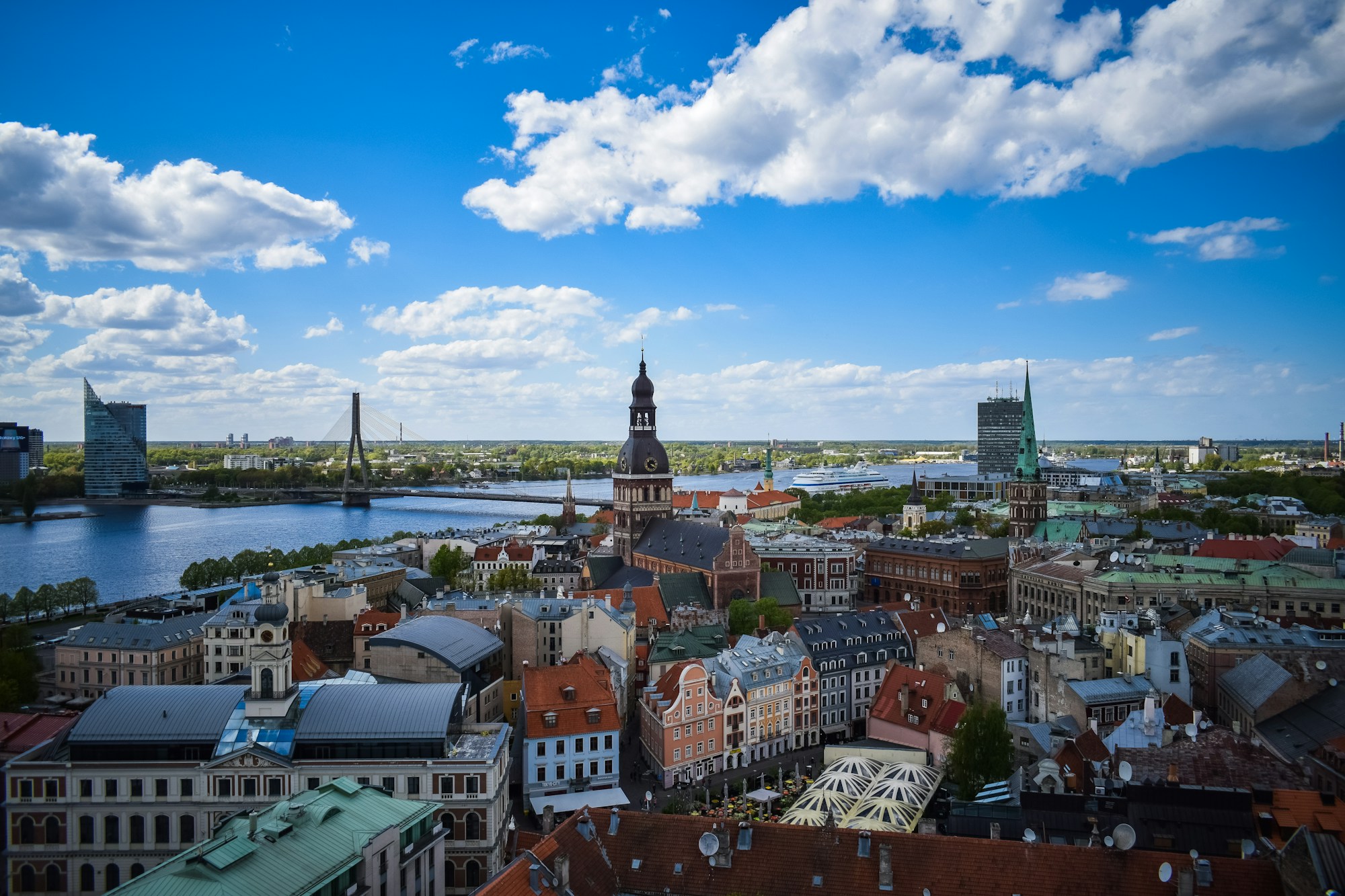Cultural Heritage of Riga: History, Customs, Festivals

Cultural Heritage of Riga: History, Customs, Festivals
Welcome to Riga, the capital city of Latvia! Situated on the Baltic Sea, Riga is a city rich in cultural heritage, boasting a history that spans more than eight centuries. From its medieval old town to its vibrant cultural scene, Riga offers a captivating experience for visitors from around the world.
History of Riga
The history of Riga dates back to 1201 when it was founded as a trading post by Albert of Bremen. Over the centuries, Riga grew into a major Hanseatic League member and became a strategic center for trade between Western Europe and the East. The city experienced various periods of foreign rule, including Swedish, Polish, and Russian, each contributing to its diverse cultural influences.
During the 20th century, Riga went through significant changes due to multiple occupations and the turbulence of two world wars. However, the city managed to preserve its unique architectural heritage, blending Gothic, Renaissance, Baroque, and Art Nouveau styles.
Customs and Traditions
Riga and Latvia have many customs and traditions deeply rooted in their history and culture. One notable tradition is the summer solstice celebration known as Jāņi, where people gather around bonfires to welcome the longest day of the year. During this festive occasion, Latvians also engage in singing traditional songs and dancing until dawn.
Another significant event is the national holiday of Lāčplēša Day on November 11th, which commemorates Latvian independence. The city comes alive with parades, concerts, and fireworks, expressing the Latvian spirit of freedom and resilience.
Festivals in Riga
Riga is renowned for its vibrant festival scene, attracting both locals and tourists throughout the year. One of the most famous events is the Riga City Festival, held in August, featuring a wide range of cultural performances, open-air concerts, and fireworks.
The Song and Dance Celebration, held every five years, is a truly remarkable event where thousands of singers, dancers, and musicians come together to showcase Latvian culture. It is recognized as a UNESCO Intangible Cultural Heritage.
The Riga International Film Festival is a must-visit for cinema enthusiasts, showcasing a diverse selection of high-quality international and Latvian films. This annual event offers a unique opportunity to explore the world of contemporary filmmaking.
Other notable festivals include the Riga International Jazz Festival, the Baltic Ballet Festival, and the Riga Opera Festival, all providing exceptional cultural experiences for visitors.
Getting Around Riga
Riga has an efficient public transportation system, including buses, trams, and trolleybuses, making it easy to explore the city. The Riga Tourist Card offers unlimited access to public transportation and discounts on various attractions, making it a convenient option for visitors.
The city center is relatively compact and can be easily explored on foot. Strolling through the narrow cobblestone streets of the old town, a UNESCO World Heritage site, is a delightful experience that allows you to appreciate Riga's architectural gems and historical landmarks.
Don't forget to visit the Art Nouveau district, known for its stunning facades adorned with intricate decorations. This district is home to the Art Nouveau Museum, showcasing the works of famous Latvian architect Konstantīns Pēkšēns, among others.
Lastly, consider taking a relaxing boat tour along the city's canal system and the Daugava River to enjoy panoramic views of Riga's skyline and waterfront areas.
